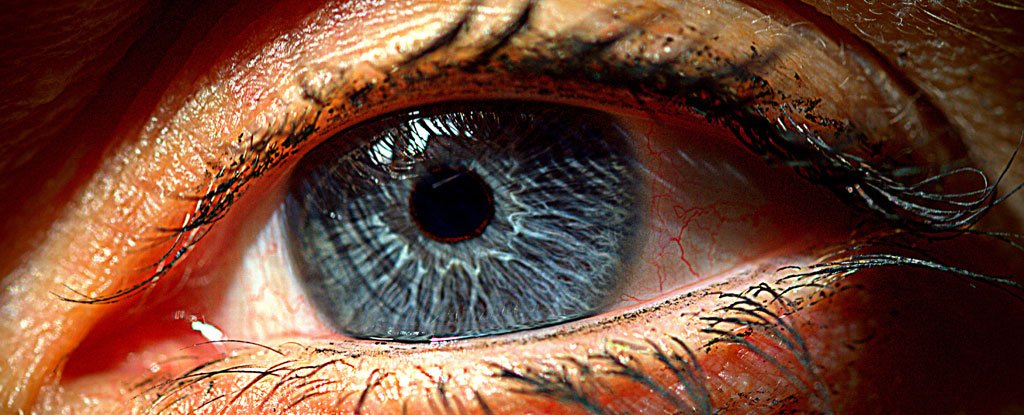Scientists Have Created an Artificial Retina Implant That Could Restore Vision to Millions
Clinical trials set to begin this year.
PETER DOCKRILL
13 MAR 2017
Scientists have developed a retinal implant that can restore lost vision in rats, and are planning to trial the procedure in humans later this year.
The implant, which converts light into an electrical signal that stimulates retinal neurons, could give hope to millions who experience retinal degeneration – including retinitis pigmentosa – in which photoreceptor cells in the eye begin to break down, leading to blindness.
The retina is located at the back of the eye, and is made up of millions of these light-sensitive photoreceptors. But mutations in any one of the 240 identified genes can lead to retinal degeneration, where these photoreceptor cells die off, even while the retinal neurons around them are unaffected.
Because the retinal nerves remain intact and functional, previous research has looked at treating retinitis pigmentosa with bionic eye devices that stimulate the neurons with lights, while other scientists have investigated using CRISPR gene editing to repair the mutations that cause blindness.
Now, a team led by the Italian Institute of Technology has developed a new approach, with a prosthesis implanted into the eye that serves as a working replacement for a damaged retina.
The implant is made from a thin layer of conductive polymer, placed on a silk-based substrate and covered with a semiconducting polymer.
The semiconducting polymer acts as a photovoltaic material, absorbing photons when light enters the lens of the eye. When this happens, electricity stimulates retinal neurons, filling in the gap left by the eye's natural but damaged photoreceptors.
continue reading:
https://www.sciencealert.com/scienti...on-to-millions






 Reply With Quote
Reply With Quote
Bookmarks